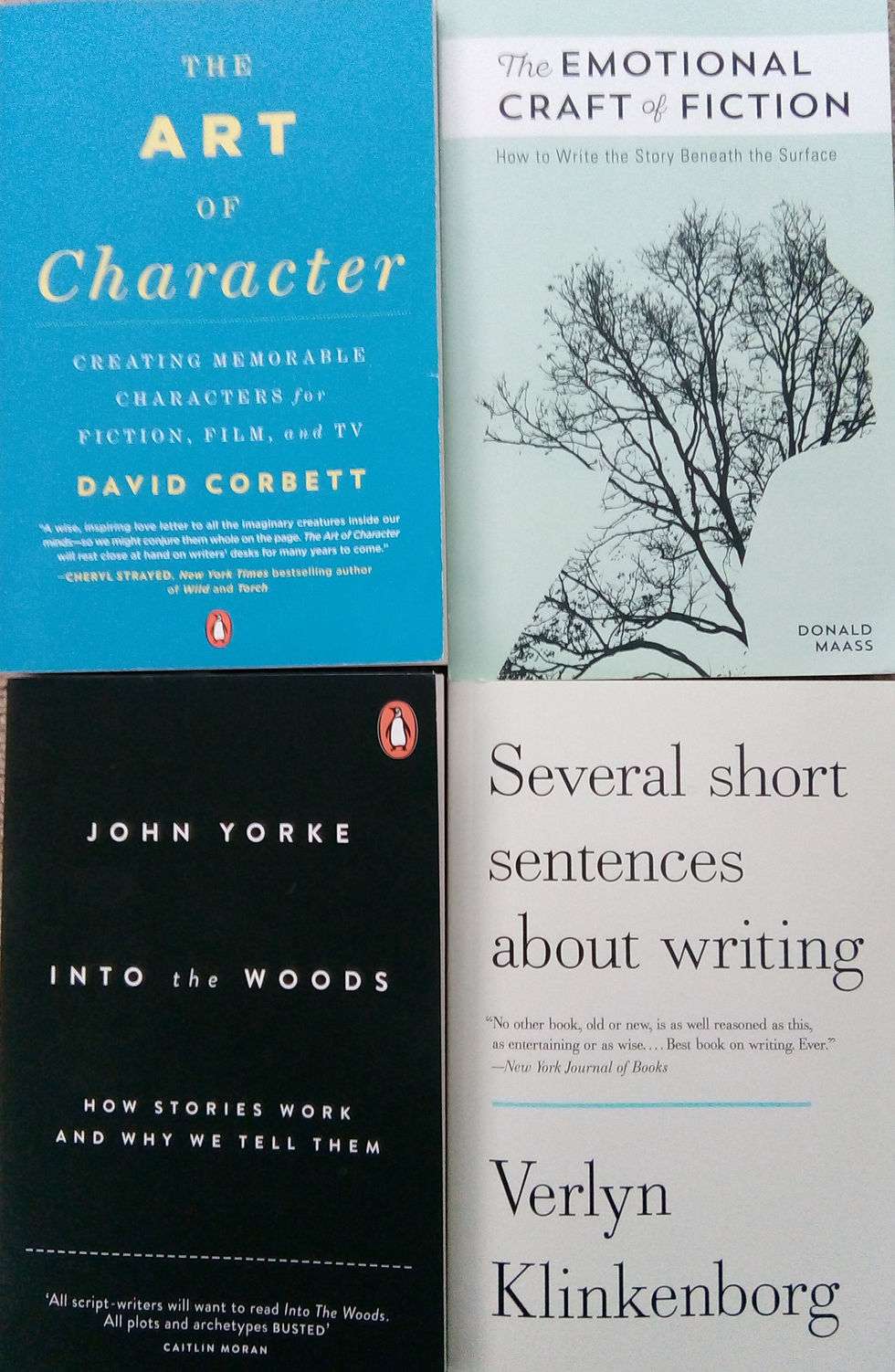Practice Makes Permanent
- Rik Lonsdale

- Aug 28, 2020
- 2 min read

Practice Makes Permanent
Over the last year I’ve changed my approach to writing long form.
The long held and much vaunted ‘get it down’ and ‘still the inner critic’ approach to first drafts I no longer find helpful in developing competence as a writer.
The whole idea of just getting the story down and never reviewing what you have written until you come to the end held much appeal for me when I began this writing journey. It allowed my lack of skills not to get in the way of a creative urge; allowed me the experience of telling a complete story, albeit poorly.
I threw myself into the ‘Nanowrimo’ experience. I even received the ‘winner’ accolade three years running. I proved to myself I could write more than 5000 words a day. With a scant outline of a plot three weeks would see me complete the necessary 50k to bask in the glory of success and give me something to crow about on social media. Please don’t misunderstand. I am not being critical of the ‘Nano’ experience. It is undoubtedly hugely meaningful to many people. It has told me I can tell a story quickly, but poorly.
‘Editing and rewriting is the real work’ I hear frequently, and I don’t doubt there is much truth in this. But when I read my attempts at story ‘completed’ in the single month of November, the enormity of turning this slapdash so-called prose into something that could be read anywhere other than my secret den cuts deep. There are the odd, good sentences, passages that could be cobbled into something passable; but to turn the whole into anything credible would be an intensive and demoralising labour.
At the other extreme is the concept and practice of ‘One Clean Draft’. Dean Wesley Smith writes about this at https://www.deanwesleysmith.com/cycling-and-the-art-of-one-clean-draft/ He introduces the concept of ‘cycling’ where work is revised as it is written, in short sections of 4-600 words, whilst maintaining the creative voice in the writer. When I found this blog-post a couple of weeks ago it resonated immediately. My current writing practice is similar. Each week my writing is passed to my buddy, George, for critique. When he says to me ‘You’re still doing…’ I know I have not attended the work but have fallen into the old habit of just ‘typing’ instead of writing.
I play the piano (poorly) and remember vividly the lessons I had and the emphasis on slow practice of the right fingering. ‘Practice makes perfect’ I was told. Recently a teacher friend (who is also a writer) told me one of her pupils had corrected her use of the old saw saying ‘No miss, practice makes permanent’ and here is the root of this post.
To write poor first drafts is to practice bad writing. When I write a sentence knowing I am ‘telling’ when I should be ‘showing’, or I know I’m in the wrong ‘POV’, and let that go, I am encouraging the permanence of a bad writing habit. Pausing and addressing the defect is the equivalent of ‘slow’ practice at the piano, a prerequisite for competence. And, like the piano, it gets faster the more you practice.
I welcome comments, either here, by email or through social media.








Comments